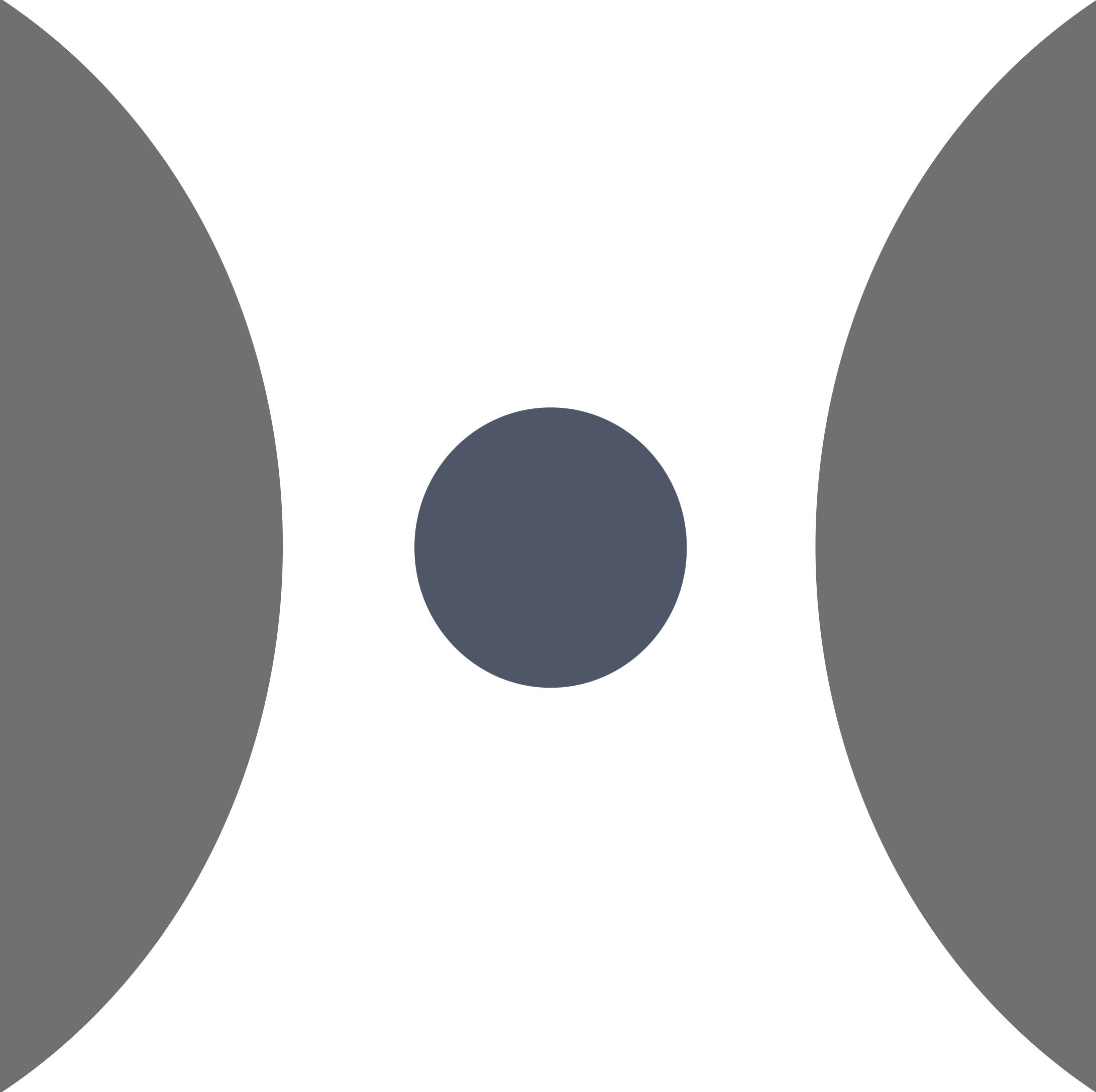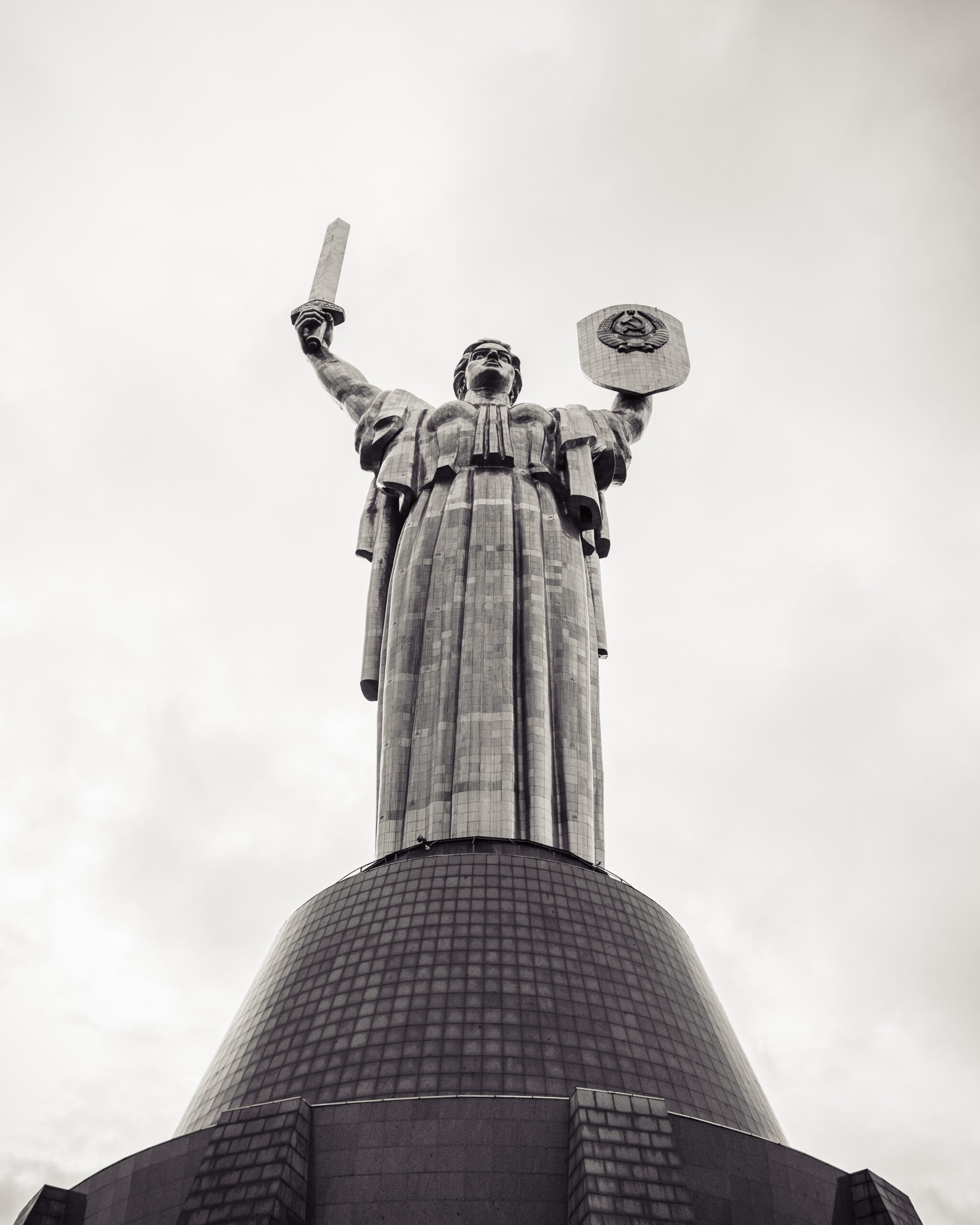Ukraine will either be Permanently Neutral or Permanently Divided
By Pascal Lottaz
This text originally appeared in Modern Diplomacy
Photo by Maksym Tymchyk on Unsplash
Yes, yes, and yes. Yes to Hall Gardner’s analysis of the necessity for a neutral solution to Ukraine. Yes to that of Klaus Larres, and yes to that of the many others, including Henry Kissinger, Steve Walt, Anatol Lieven, Katrina vanden Heuvel, and the many European colleagues like Heinz Gärtner and others in the neutrality studies network who have been calling for a neutral status for Ukraine for years.
And no, it is not cynicism to call again for a neutral solution to what has morphed from a crisis into a war. This war could have been avoided had leaders in the West and in Kyiv not misinterpreted Russia’s demands for security guarantees, a common security architecture, and the stop of NATO expansion as hubris. It doesn’t matter whether NATO is “really” a threat to Russia or not, the only thing that matters is what Russian leaders believe it is. And we are seeing now that they are willing to even go to war to make it absolutely impossible for Ukraine to ever dream of NATO membership again.
Don’t get me wrong. The military violence that Mr. Putin unleashed is hardly legal. The invasion of Ukraine is an infringement of international law, the norms of the Post-WWII international order, it is (probably) unprovoked, and in my view unjustifiable. I would never justify a military campaign on foreign soil. Using violence to do international politics is never a laudable act. The annexation of Crimea was also wrong, as it broke the Budapest Memorandum. What I’m writing here is not an excuse of Mr. Putin’s actions. It is simply an explanation why Russia goes to war with a sister nation. Russia attacking Ukraine makes as much sense as Sweden attacking Norway, or the US attacking Canada. It is a tragedy and would only happen if something was seriously out of whack.
Offering Ukraine and Georgia NATO membership back in 2008 was a tremendous mistake. It hardened the political fronts inside the countries, leading Georgia to believe that NATO would help bringing back its breakaway regions, creating the ground for the 2008 Russo-Georgian war. We are seeing the replay of that on a much grander scale now in Ukraine. The West’s rhetorical support for the Maidan uprising was another mistake. It immediately led to the annexation of Crimea, the most strategic place in the Black Sea, with a Russian naval base which it simply could not risk ever becoming a NATO outpost.
The West failing for 7 years to pressure Ukraine to implement the Minsk II agreements and start a federalization process was the third mistake. Putin did not recognize the two Ukrainian breakaway regions until a few weeks ago because Minsk II would have been a way forward for Russia to receive what it wanted without a war and international backlash. But this chance again was squandered. Western leaders only started remembering Minsk II in February this year, when Russia threw it in the garbage bin after demanding so many years it be implemented.
Russia behaves utterly rationally, it is breaking international law, but for rational reasons (which does not make them right). And let me be clear, Russia is not even doing something new here. The West has been behaving criminally for years. It has given Moscow all it needs to do what it is doing now. Fabricated pretext to illegally invade a country with false claims—like “Weapons of Mass Destruction”—check. Change of territorial status without consent from the internationally recognized sovereign nation it is part of—like Kosovo—check. Military action without UN mandate—like the Iraq War—check. Unilateral recognition of border changes that came about through war—like US recognition of the Golan Heights—check. Russia is ruthless in using the West’s playbook for its own purposes. It’s just less skilled at controlling the narrative and gathering international support.
Even the pretext of intervening for “humanitarian purposes” is there. The very argument with which NATO implemented a UN-mandated No-fly zone over Libya but then went on to bombard strategic military positions leading to the downfall of the Gadhafi regime. It will take years to sort out in this instance who fired the first shots, how many Donbas citizens were killed by Ukrainian forces, how many by Russian forces, who did the shelling, and if there is anything true about Russian claims of mass atrocities in the Donbas. The tragedy is that this is another nail in the coffin of the OSCE standards and the norms that we hoped would secure peace on the Eurasian continent.
Ukrainian neutrality with a federal structure would have been a solution that could have defused the whole situation many years ago. Even just months ago. Putin’s draft treaties of December 17 last year were basically a demand for Ukrainian neutrality. The treaties just did not name the policy, probably to avoid giving the west a pre-text to refuse the neutralization of Ukraine. Well, now Russia attacked, and it is putting its cards on the table. Putin suggested Ukraine return to the neutrality article it had in its constitution before 2014. He said so again in a televised speech and there were also reports about his offer to discuss with the Ukrainian leadership a neutralization and demilitarization. At some point, we even heard from Ukraine that it might be prepared to accept a neutralized status.
Unfortunately, the talks have not yielded a ceasefire yet, but it is clear that the neutrality of Ukraine remains a key-element in Russia’s negotiation strategy. Sergei Naryshkin, Moscow’s spy-chief, just said so again on Thursday, March 3, and Mr. Putin did so on March 5. He also reiterated that he perceives the potential of a Ukraine in NATO as a deadly threat to Crimea, and in extension, to Russia. It is nonsense that Russia is trying to rebuild the Soviet Union. That is just western scaremongering. Nothing in the Russian negotiation tactic or its speech acts would give any evidence of that. Just think for a moment: no soviet leader ever accepted the neutralist tendencies in their sphere of influence. Just ask the Hungarians what happened to them when they tried to become neutral in 1956. Russia is playing a completely different game. It simply wants a non-hostile buffer zone around its heartland.
Neutrality works. We know Russia wants it, and we know it accepts it. Just look east. Mongolia declared its neutrality in 2015. Russia and China both accepted that. Why? Because it makes sense. Neutrals are buffer states that put physical space between real adversaries and thereby deescalate the security dilemma. We are all students of international relations and know the security dilemma. Propping up one party with weapons for “defense” will of course lead to insecurities in the other party and to their propping up their fire power in turn. Neutral states that are armed but no serious threat are perfect buffers and that’s exactly what Putin seems to want. Buffers between Russia’s heartland and NATO.
Russia also accepts the neutrality of Moldova and accepts that of Turkmenistan. Putin wants a neutral Ukraine, and that would make sense for all parties involved. And by now, there is also no more alternative. It’s either going to be permanent neutrality or permanent division or, in the worst case, even permanent occupation for Ukraine. A federal, demilitarized, and neutral Ukraine is the only way forward into peace with some chances for Ukraine to receive the Donbas back if a Belgium-style federalization with the individual regions receiving strong powers also over foreign policy matters was on the table.
And I will close with this: permanent neutrality is not even a bad solution. It’s a very European solution for a very European problem; constant geopolitical mutual threats. Switzerland was neutralized in 1815 to keep Austria and France apart, Belgium and Luxemburg put space between France and Germany, and Austria, in 1955, was neutralized to regain its independence without becoming a threat in NATO to the USSR. And it worked. It can work again for Ukraine because it is so obviously exactly the compromise that Russia wants if just the West and Ukraine can accept it, too. If Ukraine declares its permanent neutrality and its security partners sign off on that, peace will return.

